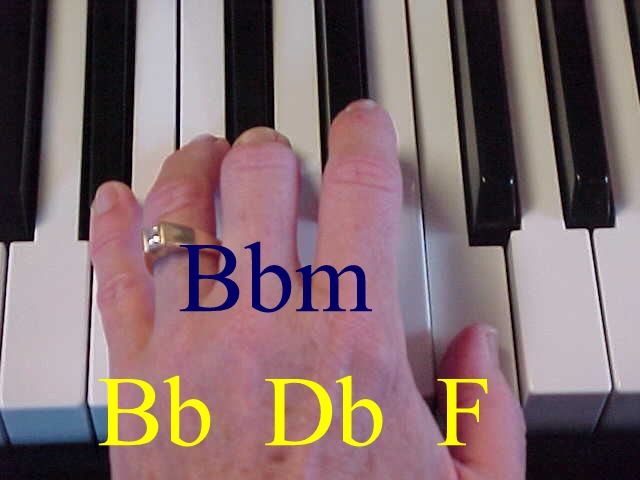

 |
|
|
| |
|
The Etude Magazine March 1921 Optimists play the piano! Haydn was an incurable optimist: the apostle (in music) of light-hearted, good-natured merriment and joy as he play the piano. Play the piano? Was he then akin to the present day writers of ragtime or of ribald comic songs? Perish the thought! As Ruskin pointed out in alluding to the expression - "Vital feelings of delight" in one of Wordsworth poems - not all feelings of delight are "vital" (i.e., life-giving) some are deathly feelings of delight. There is a most important distinction, but we leave the reader to draw his own moral. Haydn's music always leaves a clean taste in the mouth. He loved to play the piano! This, in spite of the fact that he had his own share of troubles, great and small, throughout his life even while he learned to play the piano. Leaving home at the age of six years, to be educated in music by a relative of the family, his fun-loving disposition often got him into trouble; thrashed for climbing up on a high scaffolding of a palace that was building; expelled from school for cutting another boy's pigtail (for so they wore their hair in those days); later on having to get his own hair clipped short and wear a wig, "for the sake of cleanliness", he explains. When a young man, falling love with a barber's daughter, where he boarded; but she became a nun, and he was persuaded to marry her sister, who proved a very disagreeable, quarrelsome and unsympathetic woman, so that it is not strange that he sometimes sought consolation in other society. In later life he was disfigured by a growth in his nose (a polypus), yet he never lost his cheerfulness. "I just love to play the piano!", he always said. His dark eyes beamed with benevolence, and he used to say himself, "Anyone can see by the look of me that I am a good-natured fellow". Like Bach, he was an indefatigable worker, and one of his marked characteristics was his constant aim for perfection in his art - how to play the piano. The greatest master of orchestration of his day (with possible exception of Mozart), he nevertheless, in old age said regretfully to a friend, "I have only just learned how to use the wind instruments, and now that I do understand them, I must leave the world." His musical penmanship was extremely neat with seldom a correction, "Because", said he, "I never put anything down till I have quite made up my mind about it". This element of clear, definite thinking is evident musically in all his compositions; nothing is ever confused or superfluous. To play the piano is a serious art, he said. His best works are decidedly not his piano sonatas, but his symphonies for orchestra, his string quartets, and his oratorios, The Creation and The Seasons; in regard to his Masses, of which he wrote a number, one must speak specially. Considered from a purely musical standpoint, they are masterpieces. Freshness of invention, beauty of melody, sparkling orchestration are everywhere in evidence made them a joy to play the piano; they have not the dignity that is supposed to pervade church music yet this is not from any lack of reverence and decorum oh Haydn's part, but the sincere reflection of his sunny disposition, which arose from true religious feelings. For, in spite of some forgivable shortcomings, Haydn was, like Bach, deeply and truly religious, though his temperament was totally different. He told Carpini (speaking of the character of his church music) that "at the thought of God his heart leaped for joy, and he could not help his music doing the same". At the end of a completed manuscript he often would inscribe the words, "Laus Deo" (praise be to God), and occasionally also "Et B. V. M. et Om. SS." (an abbreviation for Latin words, meaning "and to the blessed Virgin Mary and all the saints"). Haydn was a Free Mason, as were also Leopold Mozart, and his more famous son -- all of whom learned to play the piano as young men. In his old age, he attributed much of his success in life to the habits of untiring diligence which he had acquired in early youth through the hard discipline of Johanna Mathias Frankh, the relative who educated him. "I shall be grateful to that man as long as I live," said he, "for keeping me so hard at work, though I used to get more flogging than food." Summed up in a few words, the maxim of Haydn's success seem to have been:
How To Play the piano
Appreciating Classical Music: How to play the piano
|
||||||||